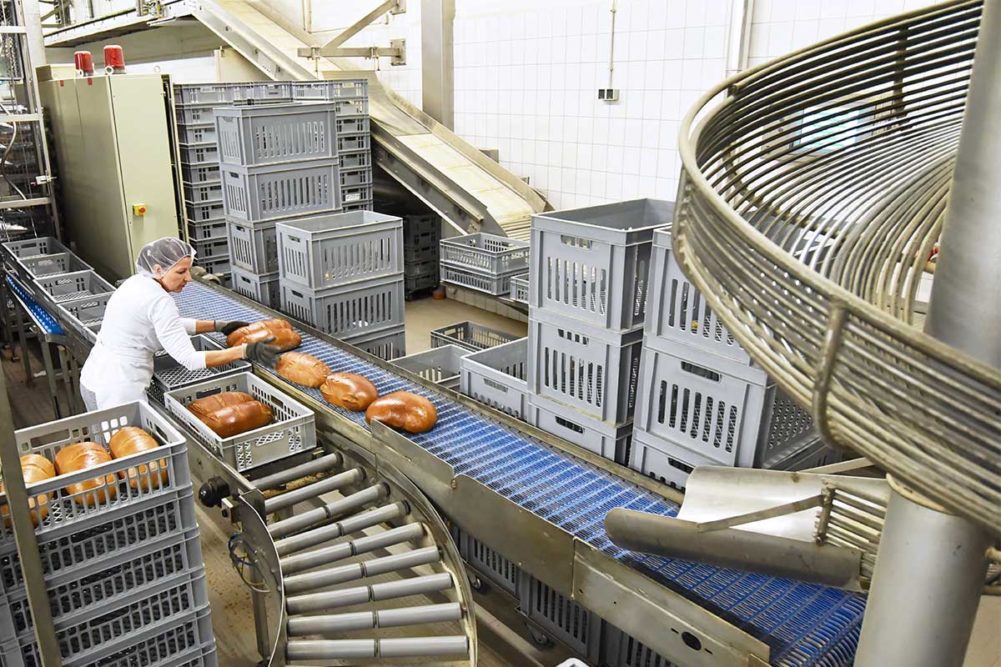BLUFFTON, SC — Bottom line issues such as driving operational efficiencies, affordable training for building a highly skilled workforce and identifying environmental hotspots for bakers, equipment suppliers and consumers highlighted the BEMA Convention’s Workshop Wednesday 2023.
Held in conjunction with Arizona State University (ASU), the series of three interactive virtual presentations were specifically designed for the baking industry and offered professional development skills for those who were unable to attend BEMA Convention 2023 in person.
Through BEMA Live!, online registrants are also able to continue along with the association’s convention events, which are being held June 20-24 in Bluffton, SC.
The initial workshop on digital twins and the Industrial Internet of Things identified 10 enabling technologies, such as artificial intelligence in manufacturing, smart robotics and digital supply chain, and how they offer ways to transform operations for the future.
Specifically, the presentation focused on how digital twins, which are virtual representations of real world factories, can harness unwieldly amounts of data and turn it into practical applications.
However, Raghu Santanam, professor and senior associate dean of ASU’s W.P. Carey School of Business, said the undertaking is initially a huge investment that will pay off big dividends in the long run.
“This is not a one-month project or a two-month project,” he explained. “This is a journey.”
In fact, he added, it often takes several years in a sizable organization to achieve real business value generation from these types of digital twin projects. He was joined by Binil Starly, director and professor, ASU’s School of Manufacturing Systems and Networks.
Rob Buelow, program director, the AZNext Workforce Training Accelerator Partnership at ASU, then explained how bakeries can get affordable training for their veterans, their current employees or those 17 or older with a high school degree or a GED equivalent who are just entering the workforce.
Funded by a US Department of Labor grant, AZNext provides courses ranging from two-day seminars to two-year apprenticeships. Mr. Buelow pointed out many programs can be customized to meet a participating company’s objectives.
“Our programs are no charge to all of our participants so any of our participants don’t pay anything for our programs,” he said. “As a company, you get to take advantage of that. We cover the costs of developing the training, and obviously, we don’t charge anybody for going through the training.”
In a workshop on sustainability, Kevin Dooley, professor of supply chain management at ASU’s W.P. Carey School of Business, provided opportunities for bakeries to save money, improve product quality and reduce greenhouse gas emissions.
He recommended companies target a litany of eco-efficiency issues related to water, energy, waste and packaging materials that improve operating costs and have an appropriate return on investment.
Dr. Dooley suggested companies with relatively new sustainability programs may not see the payback as those leaders who have integrated green initiatives into their business models over time.
He added that appointing a director to oversee green initiatives at a bakery or equipment company is integral to ensuring its success over time.





